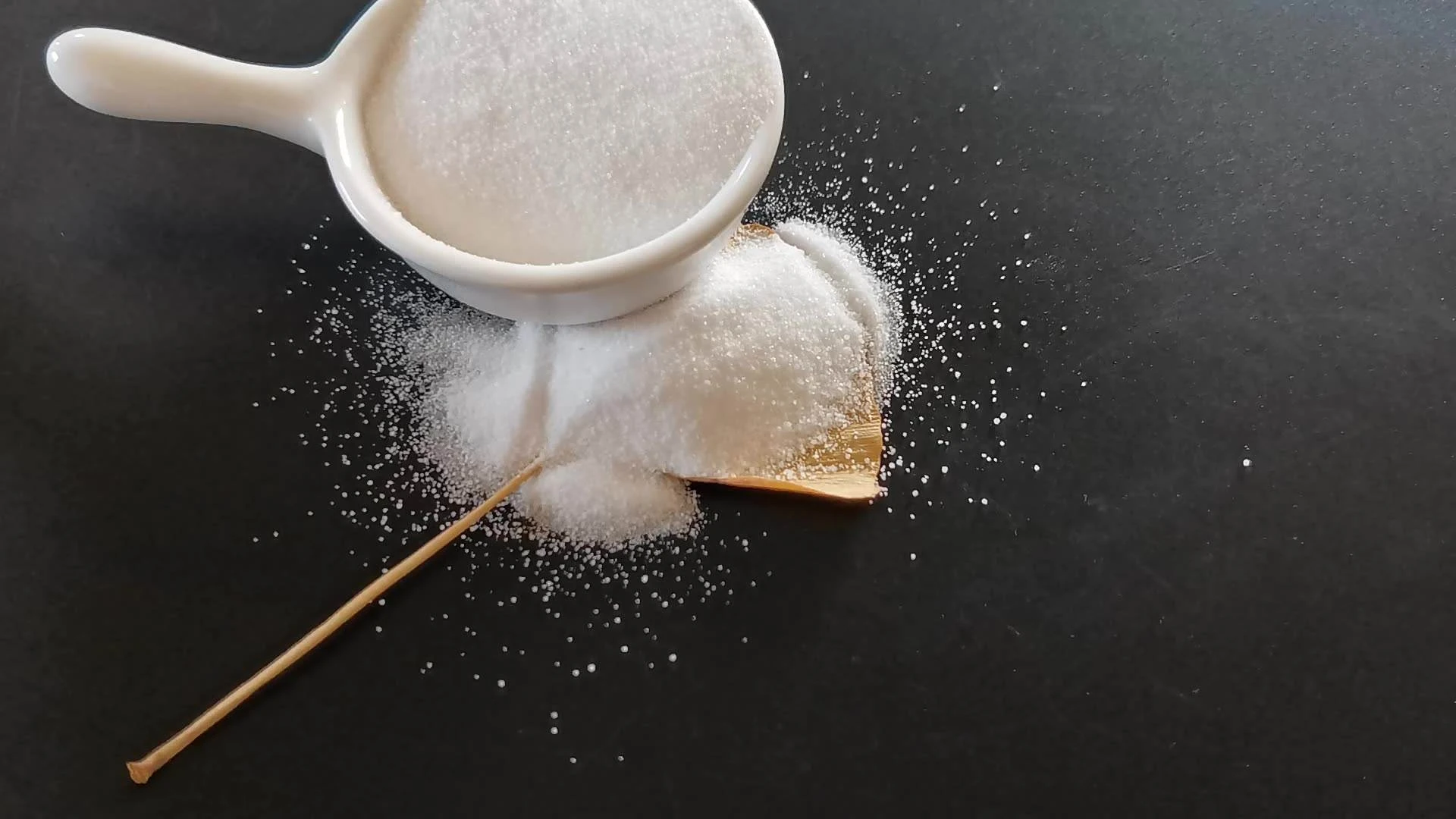



water treatment for closed loop hydronic systems
Water Treatment for Closed Loop Hydronic Systems
Closed loop hydronic systems are widely used in heating and cooling applications, making them crucial for maintaining comfortable indoor environments in residential, commercial, and industrial buildings. These systems circulate water through a series of pipes and heat exchangers, transferring thermal energy efficiently. However, to optimize their performance and longevity, effective water treatment is necessary.
Importance of Water Treatment
Water used in closed loop systems can become contaminated over time from various sources, leading to problems like corrosion, scale buildup, and biological growth. These issues can significantly impact system efficiency, lead to costly repairs, and shorten the lifespan of the system components. Therefore, implementing a robust water treatment program is essential to prevent potential failures and ensure optimal operation.
Common Issues in Closed Loop Systems
1. Corrosion One of the primary concerns in hydronic systems is corrosion, which can occur due to dissolved oxygen, low pH levels, or inappropriate materials. Corroded pipes can lead to leaks and pressure drops, necessitating costly repairs and system downtime.
2. Scaling Hard water, containing high levels of minerals like calcium and magnesium, can lead to scale formation inside pipes and heat exchangers. Scale restricts flow and reduces the efficiency of heat transfer, causing the system to use more energy to maintain desired temperatures.
3. Biological Growth Warm, nutrient-rich water is an ideal environment for microorganisms, including bacteria and algae. Their growth can block filters and pumps, cause foul odors, and even produce harmful byproducts like legionella.
water treatment for closed loop hydronic systems

Key Water Treatment Strategies
To effectively mitigate these issues, a combination of chemical and physical treatment methods can be employed
1. Chemical Treatments Chemicals like inhibitors are added to the water to prevent corrosion and scaling. For example, phosphates and silicates can help protect metal surfaces, while dispersants can keep scale-forming minerals in solution. Regular monitoring and adjustment of water chemistry, including pH and conductivity, are essential to maintain the effectiveness of these chemicals.
2. Filtration Installing appropriate filtration systems helps remove particulates that can contribute to corrosion and scaling. Cartridge filters, bag filters, and magnetic filters can effectively capture debris and particles, which can otherwise cause blockages and inefficiencies.
3. Disinfection Implementing biocides or other disinfection methods can control biological growth. Chlorine, bromine, or specialized non-chemical treatments such as UV light can effectively kill unwanted microorganisms, maintaining a clean system.
4. Regular Maintenance Routine maintenance, including the periodic flushing of the system to remove sludge and debris, helps in maintaining water quality. Additionally, regular water analysis tests can identify potential issues before they escalate, allowing for proactive management of the water treatment program.
Conclusion
Water treatment for closed loop hydronic systems is vital for ensuring their efficiency, reliability, and longevity. By addressing common issues like corrosion, scaling, and biological growth through chemical treatments, filtration, and regular maintenance, facility managers can protect their investments and enhance indoor comfort. Implementing a comprehensive water treatment strategy not only improves system performance but also promotes sustainable practices by reducing energy consumption and prolonging equipment life. For optimal results, it's advisable to consult with water treatment professionals who can tailor a program specific to the needs of the hydronic system in question. With the right approach, closed loop hydronic systems can operate effectively and efficiently for many years.
-
Why Sodium Persulfate Is Everywhere NowNewsJul.07,2025
-
Why Polyacrylamide Is in High DemandNewsJul.07,2025
-
Understanding Paint Chemicals and Their ApplicationsNewsJul.07,2025
-
Smart Use Of Mining ChemicalsNewsJul.07,2025
-
Practical Uses of Potassium MonopersulfateNewsJul.07,2025
-
Agrochemicals In Real FarmingNewsJul.07,2025
-
Sodium Chlorite Hot UsesNewsJul.01,2025










